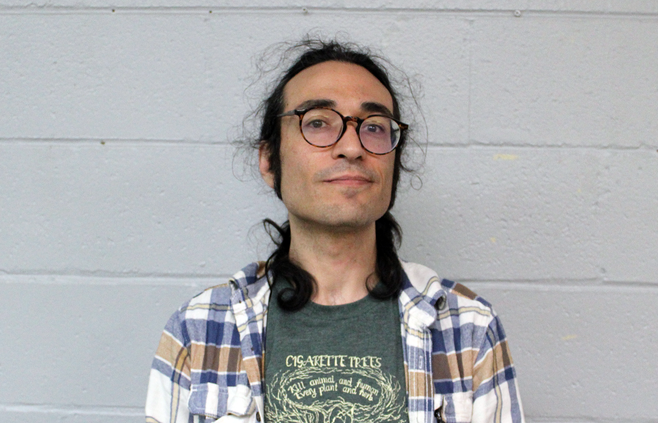Sometime in the 20th century, the world entered into what has been called The Information Age - a revolution at least as earth-shaking as the era entered when the first books and pamphlets rolled off the Gutenberg Press. The last century saw people go from receiving their news solely from newspapers to receiving live radio broadcasts which would eventually be overtaken by TV news which would morph into the 24-hour cable news landscape we currently inhabit. And of course, we can’t forget the world wide web.
Fair Game - Info is not knowledge





